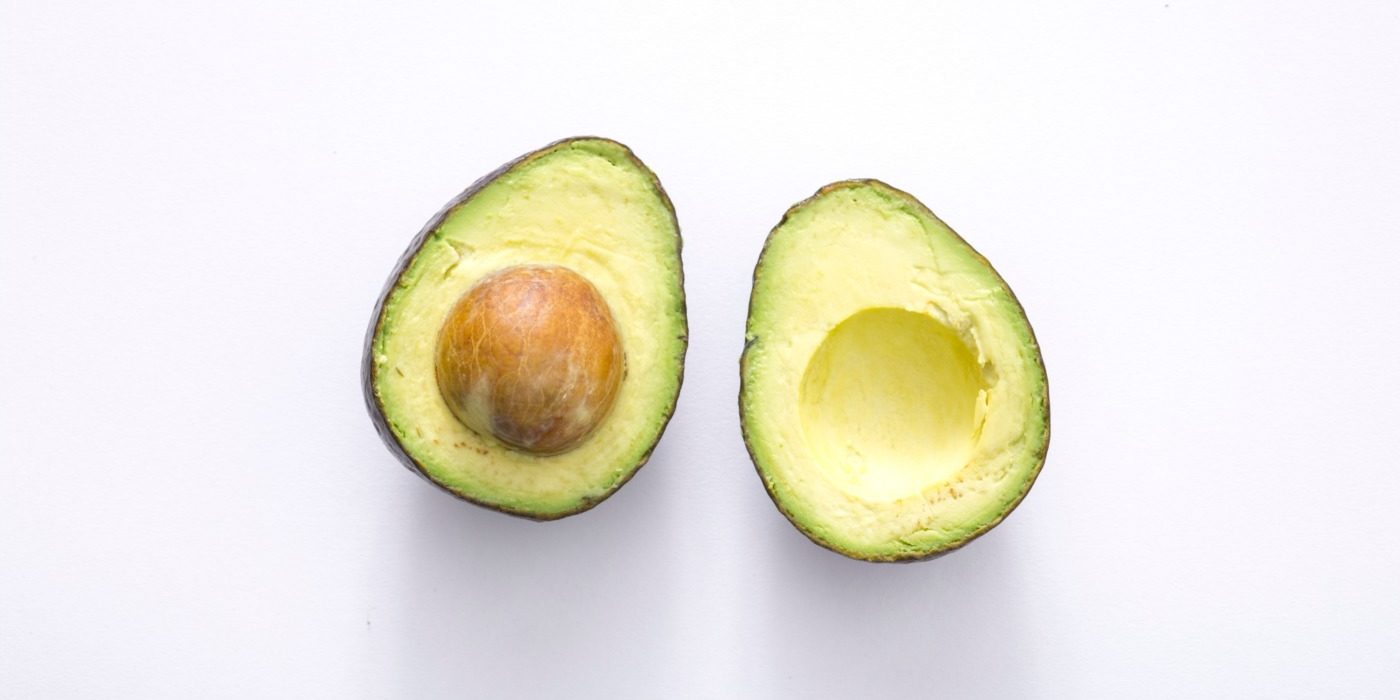Smashed avocados may mean we’re toast: the environmental impact of avocado farming
The millennial love for the avocado knows no bounds. Whether it’s sliced on toast with a poached egg, on the side of a brunch or mushed into a face mask, the versatile fruit has quickly grown in popularity over recent years. Many people see the humble aesthetic-café-staple as a symbol of the rise in vegetarian and veganism, and the associated image is often of freshly-sourced, healthy meals. However, the process of producing the avocados fails to match up to this associated ethic of environmental consciousness as the reality of the industry is not so green.
Due to the fickle task of growing avocados in a perfect environment, a lot of the production happens in sunny Mexico. On one hand, the sudden increase in popularity has brought farmers a new reliable crop to produce and make consistent profit out of. For many of them, “avocados in particular are seen as an appealing product as they have high profitability, particularly when compared with traditional corn cultivation”.
However, the demand for the product has had a devastating effect on the forests in Mexican communities, as masses of pine trees are felled to make room for the trees bearing avocados. Whilst this may seem a simple substitution, a tree for a tree, the implications of avocado crops taking over is a huge climate concern. The native trees are host to a range of indigenous species, many of which are spiralling in numbers as a result of their habitats being destroyed so quickly.
The sustainable and ethical choice would be to ‘avo-go’ at finding a more environmentally friendly superfood
Alongside the species diversity that is suffering, the resources needed in the line of production are quite literally sapping the Earth dry. As well as requiring pesticides and other chemicals to ensure no viable produce is wasted, growing just a pound of avocado crop requires a huge 272 litres of water according to one estimate by the National Post.
Even aside from the environmental concerns, there is a sinister ethical threat surrounding the industry. The lucrativity of the fruit has meant that the Mexican drug cartel ‘Caballeros Templarios’ has seized ownership over the vast majority of the trade. Both protesters against the destruction the industry is causing and smaller farmers attempting to make a profit are targeted by the cartel, and there is a history of horrific murders linked to the process. With nothing but profit motivating them, the cartel’s priorities don’t lie with preserving the environment but instead with exploiting it for maximum yield.
Meanwhile, many of the riverbeds of Chile run dry due to a “mega-drought” in the country that has continued for the tenth year, a drought that many have attributed partly to the avocado production in the country. The crisis has led to a scary dystopian reality of the privatisation of water, controlled by those rich enough to afford it not just by the bucket load, but by the truck load. Residents living in Chile’s area of Petorca have disputed with avocado producers over their effect on the natural resources in the area, protests that have largely fallen on deaf ears. Communities are being cut off from the little supply they have as companies divert the pipelines to serve the crops instead, exploiting every drop they can access.
The process of producing the avocados fails to match up to this associated ethic of environmental consciousness
Given the interconnectivity of the Earth’s ecosystems, the real environmental impact that production is having could trigger changes across the chain. These changes may not be directly linked to the production of your ‘rejuvenating’ avocado face mask, but they will be implicated in that process in some capacity.
The sustainable and ethical choice would be to ‘avo-go’ at finding a more environmentally friendly superfood to spread on your toast. However, if the thought of sacrificing guacamole is just too much to stomach, another milder option is to only buy Fairtrade produce. Then, there is a reassurance that at the very least, there has been a level of control over the extent of the effect on the environment and workers are paid a fair wage.
Unfortunately, the beloved avocado hides amongst its (surprisingly calorific) flesh the repercussions of environmental destruction ruining the lives of small communities. The sacrifices of deforestation and drought are being made in countries across the world for that purposefully crafted Instagram post to exist, and so to pursue a truly sustainable lifestyle the avocado adoration that has gripped the Western world may have to come to an end.

Comments